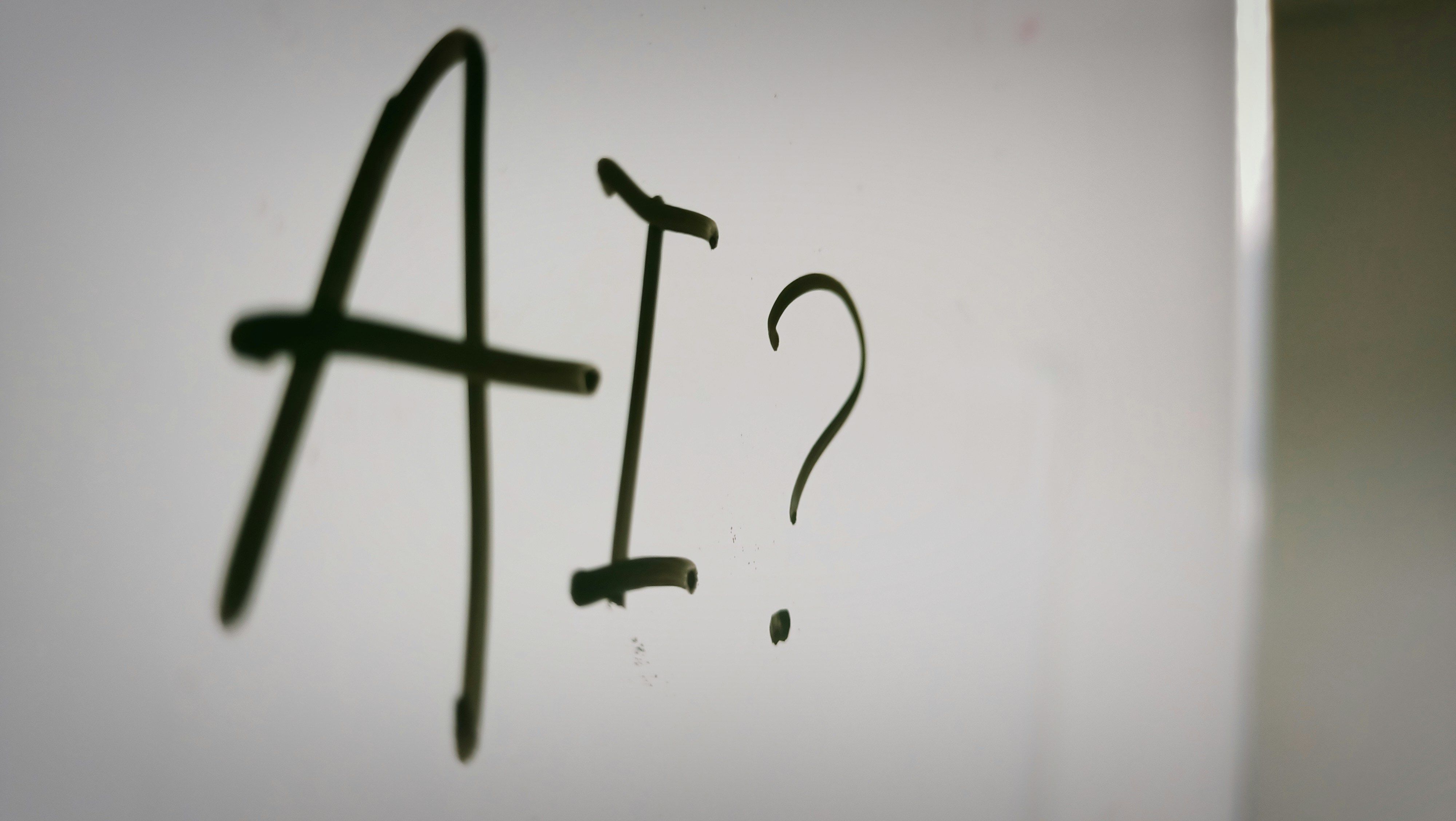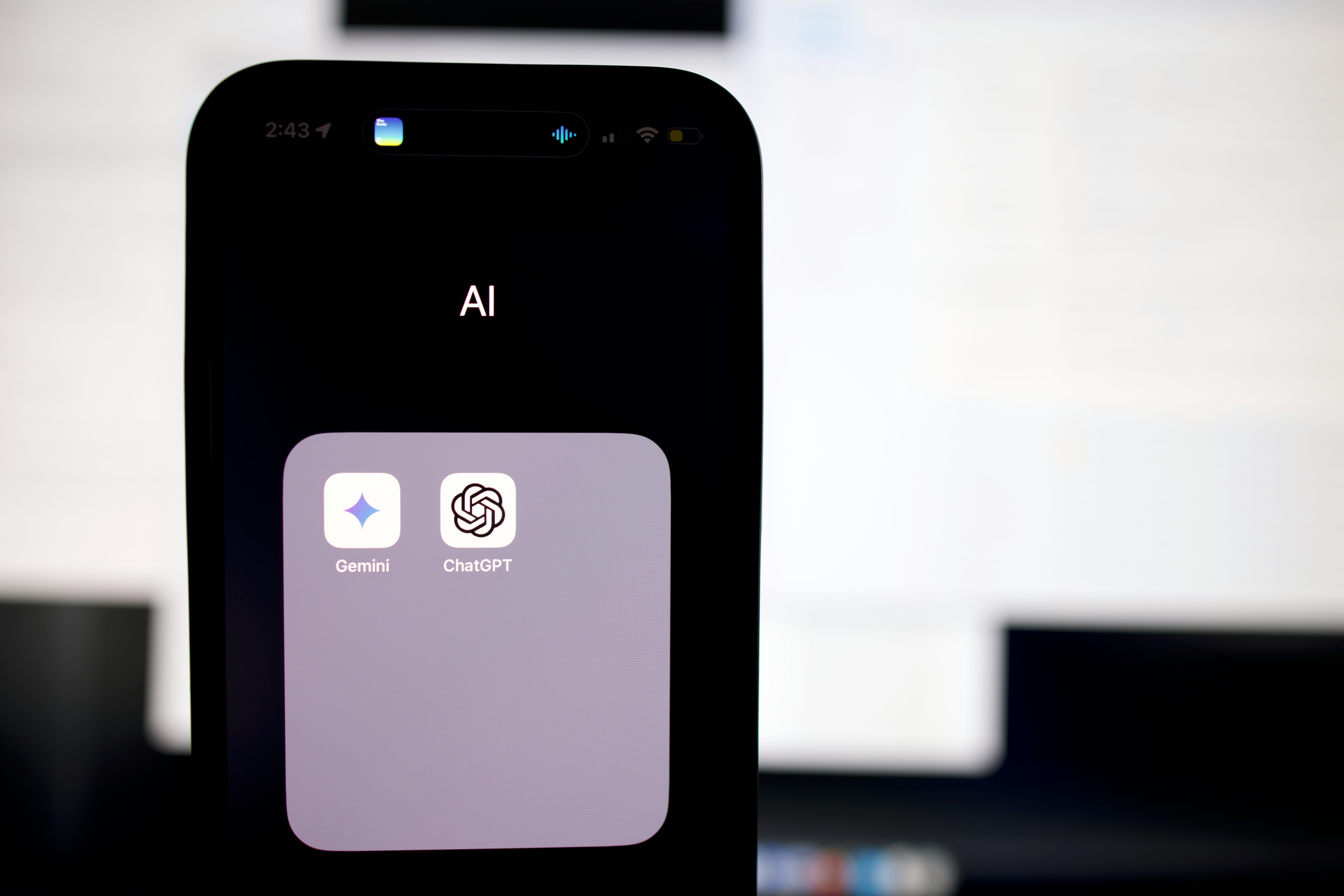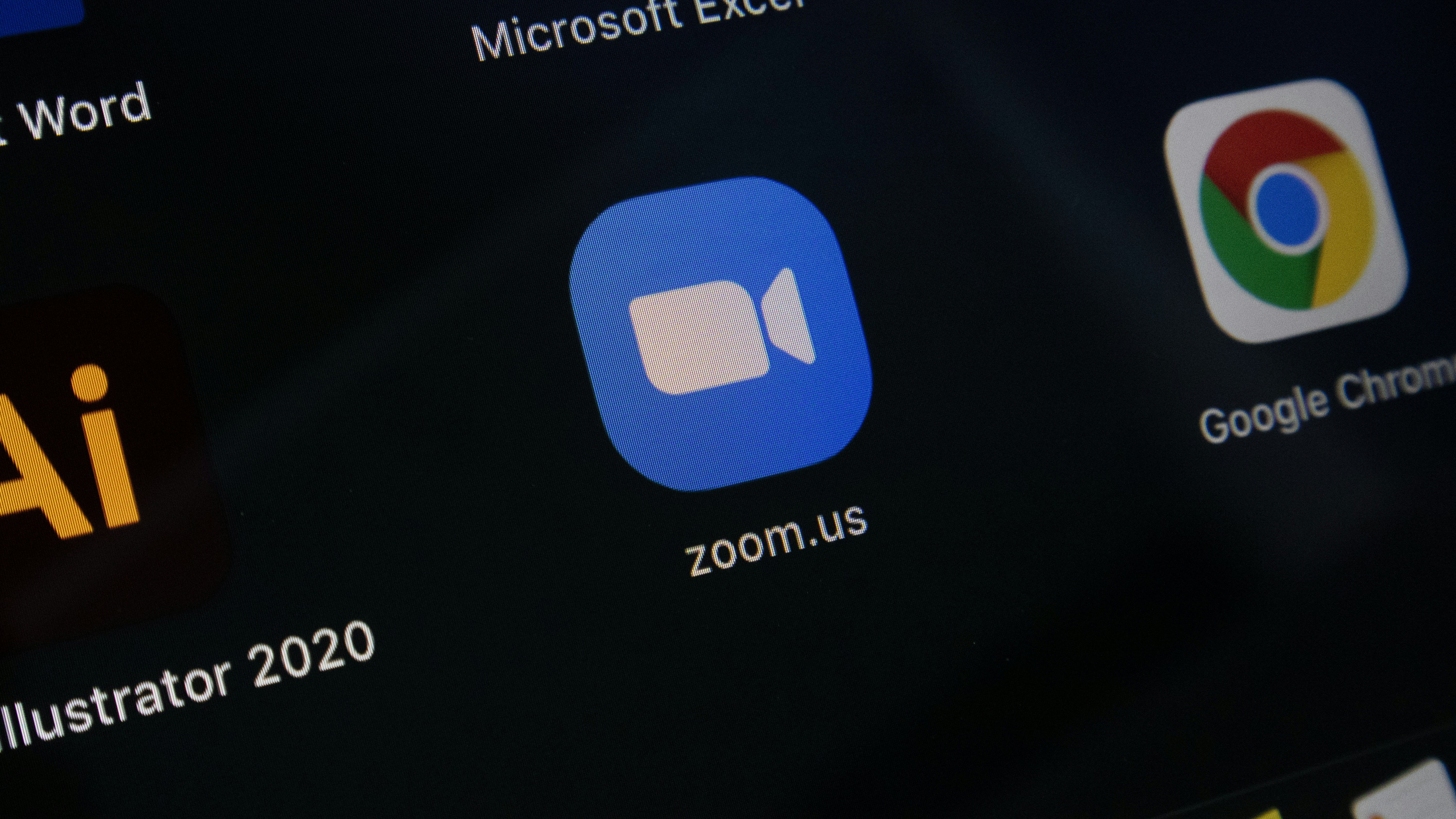In an era where technological advancements are revered, the initial excitement surrounding generative AI has taken a turn as various brands begin distancing themselves from this technology. The shift indicates growing concerns over the potential pitfalls of AI, including issues around accuracy, ethics, and the dilution of brand reputation. Companies, once eager to jump on the bandwagon of AI-driven innovation, are now reassessing the implications of its use in their marketing strategies and overall brand portrayal.
The Growing Skepticism Towards Generative AI

Photo by Nahrizul Kadri on Unsplash
Incidents Which Show Us the Dangers of Overreliance on AI
The surge in enthusiasm for generative AI initially seemed boundless. Yet, as more brands experimented with these technologies, several high-profile failures started to surface, casting a shadow on the reliability and ethical implications of generative AI. Missteps, like the fiasco at the Willy Wonka-themed pop-up event in Scotland—a marketing disaster showcased with misleading AI-generated imagery promising an enchanting experience only to disappoint with a grim reality—served as a stark reminder of the gaps between AI promise and performance. Such incidents exemplify the tangible risks of over-dependence on AI for producing marketing content, where the allure of innovation can sometimes lead to compromised brand integrity and customer trust.
Consumer Backlash and The Demand for Authenticity
The backlash from consumers has been telling. As generative AI increasingly finds its way into various facets of content creation, from writing articles to generating art, there has emerged a discernible demand for genuine human creativity. An example of this sentiment is found in the actions taken by Dove, a brand that takes pride in its commitment to portraying real beauty. Dove's unequivocal decision to avoid AI-generated content in advertising is a direct response to the consumer's crave for authenticity, especially in sectors sensitive to the portrayal of human images, such as beauty and wellness. This move secures the brand’s integrity and resonates with consumers increasingly skeptical about digital alterations and misrepresentations.
Brands Taking a Stand Against AI in Advertising

Photo by Tim Marshall on Unsplash
Recent Pledges by Brands to Avoid AI in Campaigns
Recent trends have seen brands take definitive stands against the incorporation of generative AI in their campaigns. Dove, for instance, celebrated the anniversary of its "Real Beauty" campaign by reaffirming its commitment to avoid AI in representing women in its ads, ensuring "real" and "distortion-free" beauty standards. Meanwhile, other companies have imposed strict conditions on advertising firms, mandating clear delineations in contracts to restrict undocumented AI use. Such measures aim to preserve the authenticity of brand communication as well as reflect a cautious approach towards a technology still in its relative infancy with respect to ethical implications.
Pressure from Consumers Influencing Brand Decisions
Consumer influence is emerging as a pivotal factor driving brand strategies concerning AI. High-profile AI missteps, coupled with an increasing consumer awareness around the potential ethical pitfalls and misrepresentations through AI, have compelled brands to reconsider their stance on AI deployment. The growing consumer demand for transparency and authenticity has led to brands adopting more circumspect and regulated approaches to AI use, often favoring human creativity over AI-generated content. Such a transition is indicative of a broader market sentiment that values ethical considerations and genuine human connection in brand engagements over the sheer novelty of AI-driven content creation.
The Legal and Ethical Considerations

Photo by Riccardo Annandale on Unsplash
The integration of generative AI into brand strategy brings forth numerous legal and ethical dilemmas that companies must navigate. Intellectual property concerns, issues of authenticity, contractual negotiations, and adherence to ethical standards are all key considerations that can influence brands' decisions to pull back from generative AI usage.
AI Use and Intellectual Property Concerns
A major hurdle for brands considering generative AI involves the complexity of intellectual property (IP) rights. As AI systems can generate content that mimics the creativity of human output, determining ownership and ensuring compliance with IP laws becomes problematic. The risk of infringing on existing copyrights, trademarks, or other proprietary rights is a significant concern. For instance, the controversy surrounding AI-generated content often revolves around the originality and authorship, raising questions about who holds the copyright - the AI developer, the user, or the machine itself?
Moreover, the use of generative AI can lead to reputational risks if the content created is perceived as misleading or misrepresentative. For example, the debacle of the 'Willy Wonka Experience' in Scotland. Where they used AI-generated promotional material that misrepresented the actual event. This episode exposes to us the potential for brand damage when reality does not meet AI-generated expectations.
Negotiating AI Use in Contractual Agreements
The apprehension about potential legal and ethical pitfalls has led many brands to insist on stringent clauses in their contractual agreements with marketing firms and advertising agencies. These agreements are increasingly including restrictions on generative AI use to protect the brands' image and ensure compliance with regulations. A growing trend is the demand for explicit permissions and vetting processes before any AI-generated content is deployed. This helps mitigate risks and aligns with company values and marketing strategies.
For example, in the advertising industry, it's reported that contracts now demand thorough scrutiny and approval processes for any AI-generated content. Agencies must navigate these complexities carefully, balancing innovation in AI-driven marketing campaigns with compliance and ethical considerations. Such stringent contractual stipulations ensure that all content aligns with brand values and avoids potential legal repercussions, thereby maintaining the integrity and authenticity that consumers expect from trusted brands.
In summary, while generative AI offers enticing possibilities for innovation in branding and marketing, the legal and ethical implications prompt a more cautious approach from brands. By understanding and negotiating the intricacies of IP rights and establishing clear contractual guidelines, companies can leverage AI technologies responsibly and effectively, without compromising on ethical standards or brand integrity.







